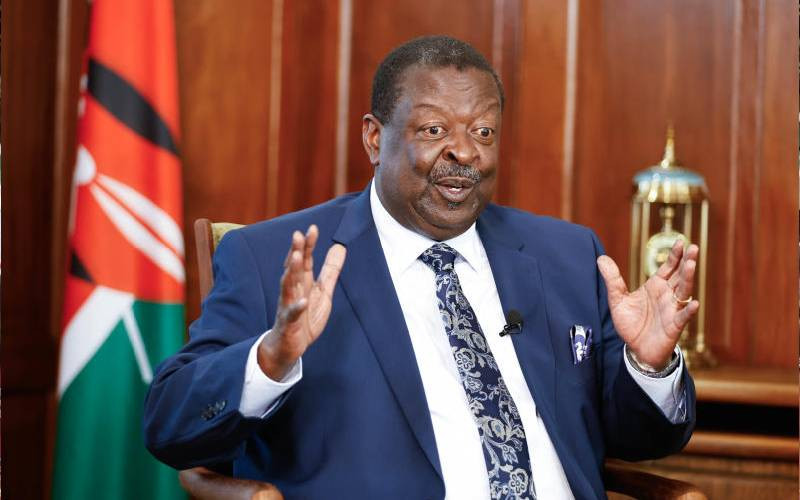×
The Standard e-Paper
Home To Bold Columnists

As the top government diplomat, Prime Cabinet Secretary Musalia Mudavadi assures that President William Ruto's trips abroad are strategic in terms of trade and investment.
He tells Jacob Ng'etich that Kenya is on the right economic trajectory and is only a matter of time before all the hard work that the Kenya Kwanza administration is putting in starts to bear fruits.